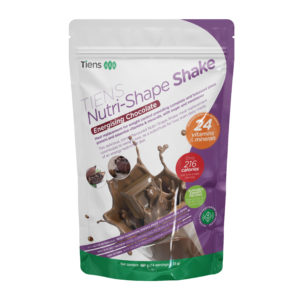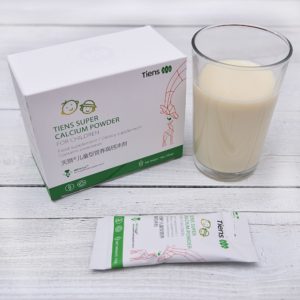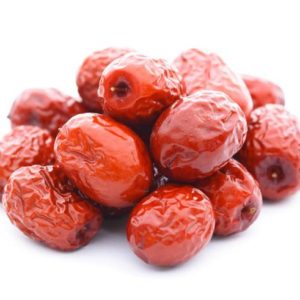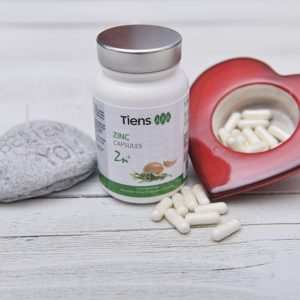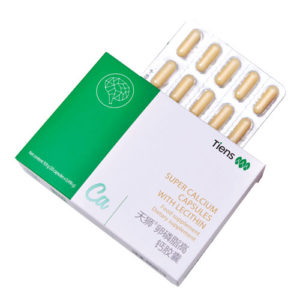In traditional Chinese medicine a great deal of attention is paid to the proper function of the digestive system. According to the Chinese this is the foundation of health. Hence the popularity of supplements that can improve digestion. TIENS FOS Syrup is among them.
The intestinal microflora has a profound influence on our health. It contains both beneficial strains and ones that can have a negative effect on the body. In line with the most recent data, between 400 and 500 different microbial species inhabit the intestines. The overall mass of the human intestinal bacteria is between 1 and 1.5 kilograms. The composition of the intestinal microflora is crucial to the proper function of the entire body. In the meanAt the same time, the balance of this specific ’ecosystem’ can be distorted for instance by medication, stress or simply ageing.
Beneficial probiotic bacteria (Bifidobacterium and Lactobacillus), which dominate and naturally occur in the digestive tract of a healthy person. Clinical research confirms their valuable influence on the digestive system and the formation of correct intestinal microflora.
In order to increase the population of beneficial bacteria within the gut microflora, one can provide them with fermented diary products or pharmaceutical preparations. The growth of probiotic organisms can be also achieved by inclusion of prebiotics in the diet. These are undigestible food ingredients that stimulate growth or activity of bacteria inhabiting the colon and benefiting the health of the host. And according to Chinese medicine it is the colon where good health begins.
The advantage of prebiotics is the fact they only broken down in the large intestine, while their earlier journey across the digestive tract does not affect their properties. The prebiotics described and produced on an industrial scale so far are all saccharides.
They include a number of non-digestible oligosaccharides (NDOs) and some polysaccharides. Prebiotic polysaccharides include inulin and some types of starch resistant to the action of the digestive enzymes. Among oligosaccharides with documented prebiotic properties are fructooligosaccharides (FOS). It is precisely their qualities the FOS Syrup is based on.
Fructo-oligosaccharide FOS is a type of soluble fibre found in plants, such as chicory, maize, asparagus, Jerusalem artichokes, and soybeans. It can’t be digested in the small intestine. Instead, it travels to the lower gut, where it functions as a prebiotic, food source for the gut microflora. People’s gut microflora convert FOS into short-chain fatty acids, which nourish colon cells and provide various other benefits.
Possible effects of product components:
– Fructooligosaccharides (FOS) are common ingredients in probiotics; they promote bacteria and their growth. As a natural prebiotic, this product can be supplemented when taking probiotics to help replenish the gut flora. This is particularly important if the gastrointestinal tract has undergone changes in the composition of the microflora.





